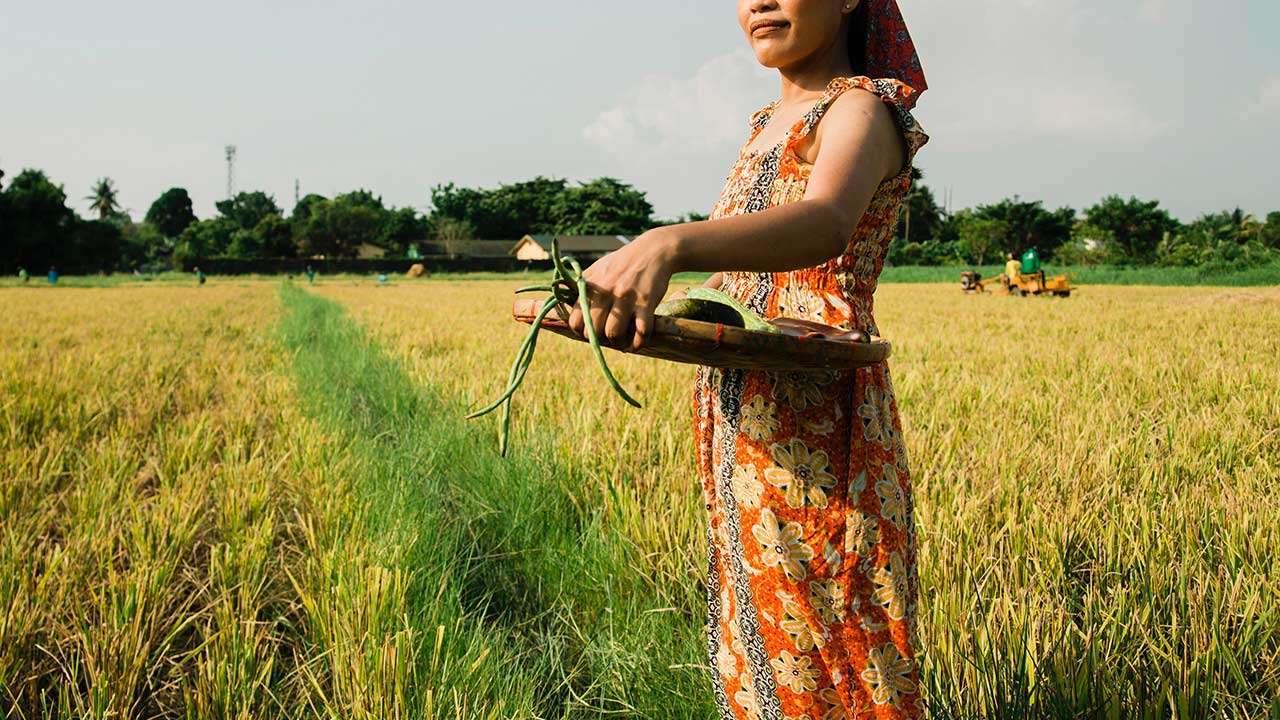POSTED Mar 22, 2022 - 10:38 AM
Digging into regenerative agriculture: A key to sustainable fashion
Regenerative farming can even help generate higher-quality cotton and textiles while benefiting the environment
Original article by Yazhmin Malajito
Additional text by Yann Magcamit
Fashion and agriculture are more connected than most people think—especially in terms of sustainability. When discussing slow and sustainable fashion, farming is often overlooked despite being an important step in clothing manufacturing. In fact, there’s a sustainable practice that some fashion companies are already doing that others should consider as well: employing regenerative agriculture.
Fashionista author Whitney Bauck calls regenerative agriculture the “next wave of sustainable fashion.” Internationally, clothing brands like North Face, Allbirds, Patagonia, Kering, and Prana have been exploring production of clothing made out of regenerative cotton and wool.
In the local fashion industry, Bayo has already adopted this practice through its ”farm-to-fiber” campaign in which they source raw materials—which are biodegradable natural fibers—from local farms.
“Farm-to-fiber means taking active steps to ensure that your clothes are grown well, ethically made, and support our local farmers,” said the brand.
“Farming is part of Filipino culture that fosters relationships connecting us to our roots.”
Local slow fashion brand Nina Inabel also observes a “farm to fabric to fashion” approach by directly sourcing from cotton farmers and weavers in Ilocos Norte.
“Our Inabel fabrics are unique and carefully picked from selected towns in Ilocos Norte. Some of the designs have the signature of 96-year-old Magdalena Gamayo, recognized by the NCCA as a National Living Treasure,” stated the brand’s website.
Local agriculture experts and advocates push for more farms to adopt this sustainable method as well; there are also indigenous groups that practice regenerative agriculture in the country.
What exactly is regenerative agriculture?
Regenerative agriculture is an ecological approach of farming that enables natural systems to be renewed and to renew themselves. It’s a way of farming that doesn’t harm the environment and offers several benefits like regenerating and strengthening the soil, increasing biodiversity, improving water cycles, and enhancing ecosystem services.
“It’s enabling and not dominating,” said Dr. Charles Massy, an expert in ecology and author of a book on the emergence of regenerative agriculture in Australia, in a TEDx Talk.
“Industrial agriculture simplifies, dominates, controls, and ends up destroying natural systems and their cycles,” he said. “It’s driven by multinational companies that operate on an economic rationalist philosophy of growth and greed.”
Regenerative farming helps the ecosystem organize itself back to healthy function, but it doesn’t have a one-size-fits-all model. With this, it allows farmers to be flexible according to their own individual environments.
Unlike industrial agriculture methods, regenerative practice refrains from monoculture cropping and champions rotating crops to optimize nutrients in the soil. It also avoids the use of synthetic fertilizers and manipulation of plant genomes to produce crops. This results in healthy soil that makes plants more resilient to pests and produces food crops that are heavier in nutrients. Consequently, this provides higher-quality cotton and textiles to be used as fashion raw materials.
“Natural fibers farmed locally sustains economic growth,” Bayo also said about its farm-to-fiber campaign.
Switching to regenerative agriculture as a source for raw materials is a move that needs extensive research and funds, but innovations in the industry and the growing consumer interest in making sustainable choices should encourage more companies to subscribe to this ethical kind of farming.
This story was originally published on Nolisoli.ph
For more information and news on home, furniture, lifestyle, and fashion accessories visit FAME+
Read more
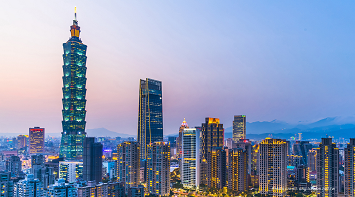
CITEM Market Sensing Mission to Taiwan to strengthen PH SDG competency
Making serious strides toward strengthening the country’s sustainability footprint, CITEM travels to... Learn More
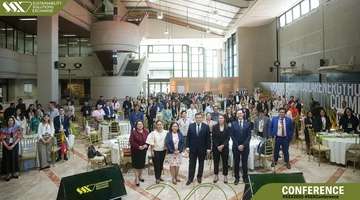
EU, PH push for green solutions in food industry at Sustainability Solutions Exchange 2025
Aiming to develop a sustainable Philippine food industry, the European Union (EU) and the Department... Learn More
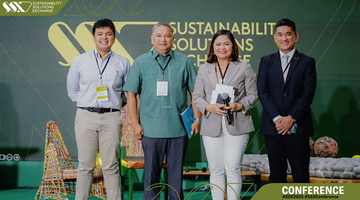
SSX Conference yields strategies for circular PH food industry
Transformative ideas took root at the Sustainability Solutions Exchange (SSX) Conference, where entr... Learn More
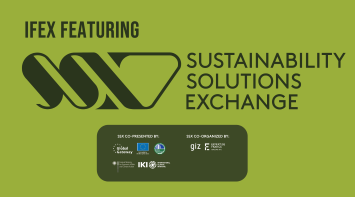
EU, PH aim to future-proof Philippine food industry at SSX 2025
In partnership with the European Union (EU), the Department of Trade and Industry’s Center for Inter... Learn More
